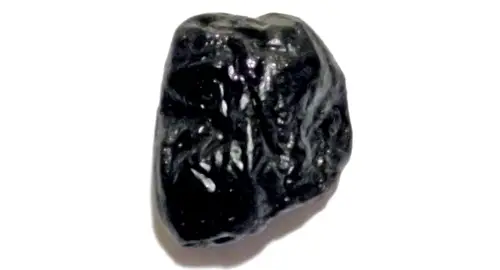Prunes are a fruit that are used in a variety of dishes. They are in fact dried plums and are used in many different types of holiday dishes such as cake, stuffing and also used to make sugar plums.
So if we can meet them, can guinea pigs eat prunes, let’s take a look and find out.
image and info source wikipedia
Dried fruits are usually a no-no for guinea pigs, are prunes any different?
As per usual we’re taking a look at their nutritional data, in particular their sugar, fat, phosphorus, calcium and acidic content as they are most pertinent to guinea pigs.
Plums, dried (prunes), uncooked
Nutritional value per 100 g (3.5 oz)
Energy 1,006 kJ (240 kcal)
Carbohydrates 63.88 g
– Sugars 38.13 g
– Dietary fiber 7.1 g
Fat 0.38 g
Protein 2.18 g
Vitamin A equiv. 39 μg (5%)
– beta-carotene 394 μg (4%)
– lutein and zeaxanthin 148 μg
Thiamine (vit. B1) 0.051 mg (4%)
Riboflavin (vit. B2) 0.186 mg (16%)
Niacin (vit. B3) 1.882 mg (13%)
Pantothenic acid (B5) 0.422 mg (8%)
Vitamin B6 0.205 mg (16%)
Folate (vit. B9) 4 μg (1%)
Choline 10.1 mg (2%)
Vitamin C 0.6 mg (1%)
Vitamin E 0.43 mg (3%)
Vitamin K 59.5 μg (57%)
Calcium 43 mg (4%)
Iron 0.93 mg (7%)
Magnesium 41 mg (12%)
Manganese 0.299 mg (14%)
Phosphorus 69 mg (10%)
Potassium 732 mg (16%)
Sodium 2 mg (0%)
Zinc 0.44 mg (5%)
Fluoride 4 µg
As you can see prunes contain quite a lot of phosphorus, a little calcium, a hint of fat, they are very acidic, and contain a lot of sugar.
Unfortunately this rules out prunes for guinea pigs. They are just too acidic, have too much phosphorus and are way to acidic for them. So they are a food to steer clear of as far as guinea pigs are concerned.
